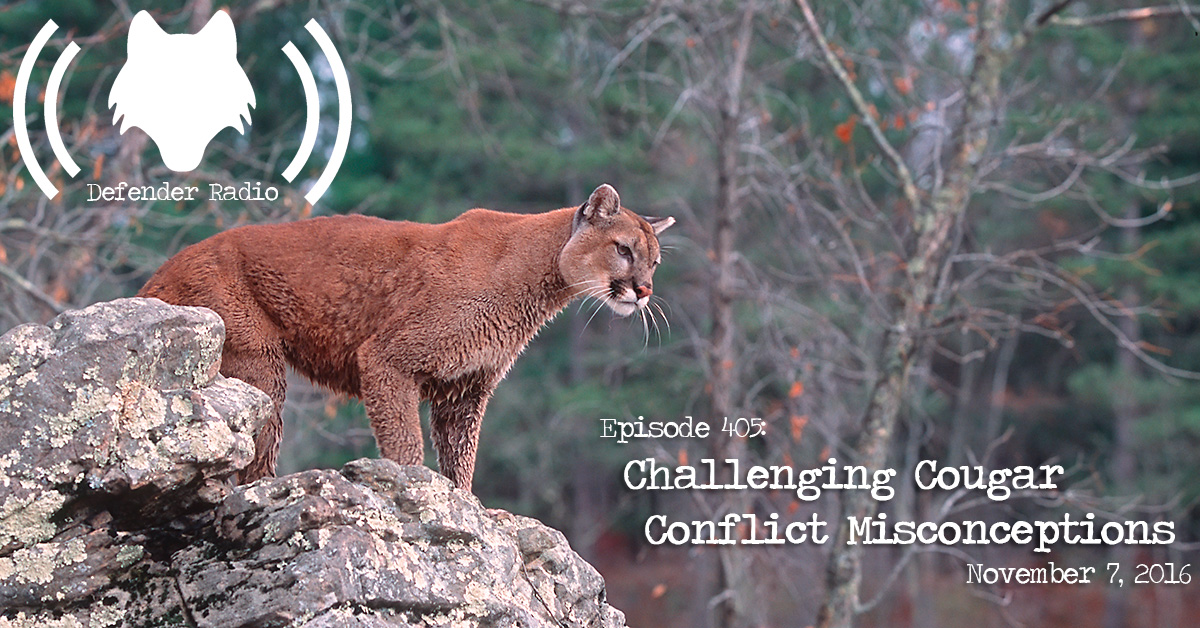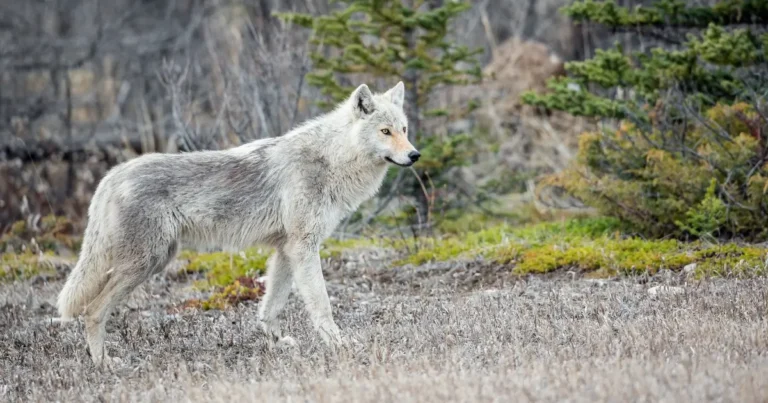
But new research is challenging misconceptions about cougar conflict.
Dr. Chris Darimont, Hakai-Raincoast professor at University of Victoria, science director for Raincoast Conservation, and research scholar for the Hakai Institute, co-authored (along with Kristine Teichman and Bogdan Cristescu) a study that looked at 30 years of cougar conflict data – along with 30 years of cougar hunting data – and has shown a startling correlation between the two in British Columbia.
In simple terms, when cougars are hunted – primarily as trophy animals – Dr. Darimont’s study shows that conflict with livestock and people goes up. To discuss this paper, its wide-ranging ramifications, and why the government and hunters are trying their best to ignore it, Dr. Darimont joined Defender Radio.
To listen to this episode click the 'play' button below,download the MP3, visit us on theiTunes storeor atTuneIn. Make sure you follow@DefenderRadio on Twitter, too!
